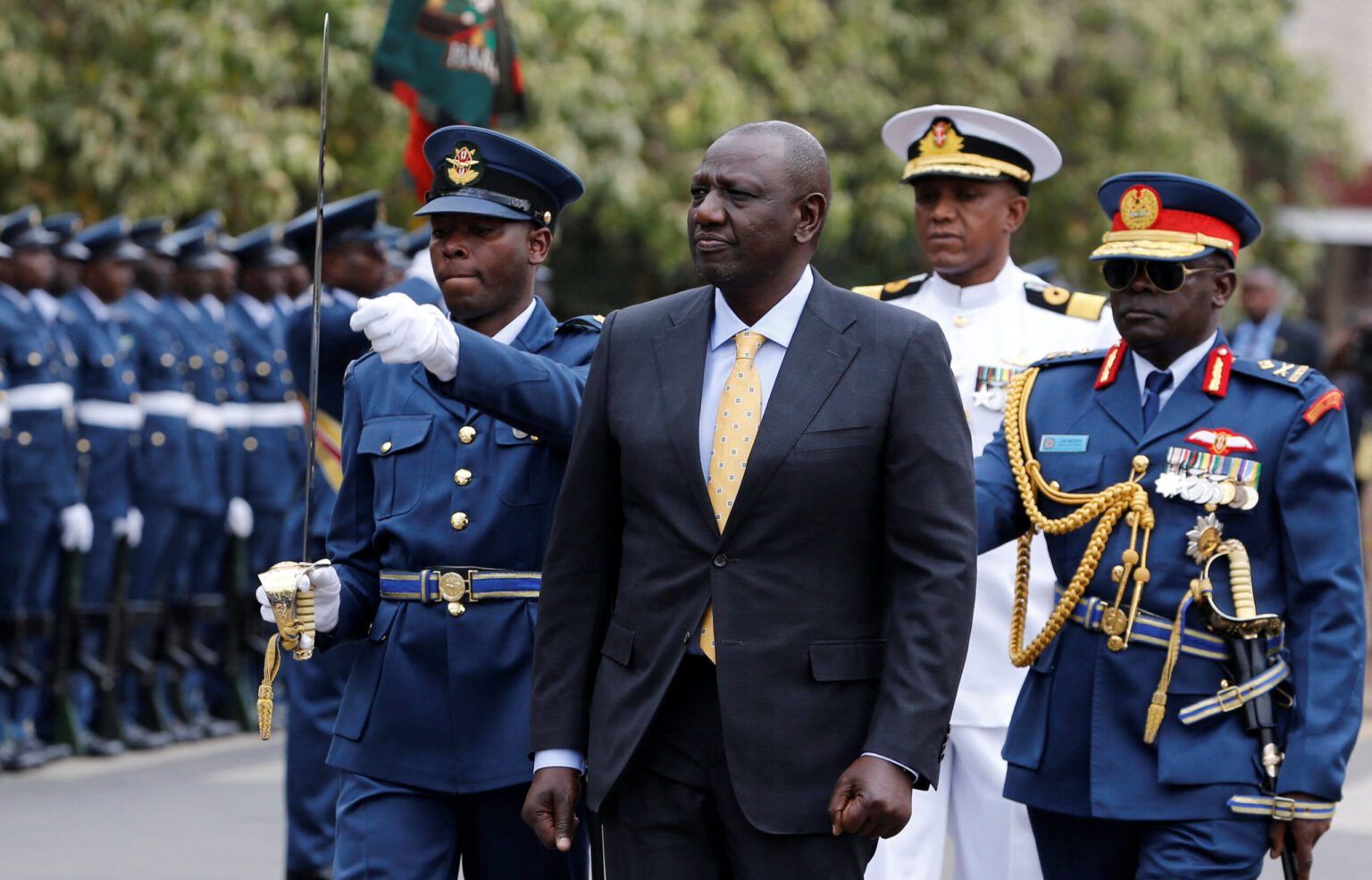Global Courant 2023-05-04 16:53:21
On Wednesday, May 3, the Central Bank of Kenya (CBK) launched the Kenya Quick Response Code Standard 2023 (KE-QR Code Standard 2023; or the standard) to accelerate digital payment solutions for merchants and consumers across the country. This latest policy will guide how payment service providers and banks regulated by the CBK issue Quick Response (QR) codes to consumers and businesses accepting digital payments. With this move, the Kenyan government aims to promote customer convenience and security while supporting future compatibility between different platforms of payment service providers.
QR codes provide a seamless, convenient and contactless payment process. They are a standard means of data exchange for payment service providers to enable faster payment experiences between merchants and customers. QR codes usually contain the merchant’s information, such as the merchant’s business name, unique identifiers for the merchant’s payment service providers, and transaction details, while providing customers with quick access to a business’ web page.
“With the KE-QR code, additional data enrichment fields will be used where necessary to provide more data on transactions for future data analysis and decision making. Customer privacy is protected by not exchanging private information such as mobile numbers, identity numbers and email addresses with the merchant by default,” said a statement from Dr Patrick Njoroge, governor of the Central Bank of Kenya.
Ghana would not be the first African country to implement a QR code policy in its market. Last year the central bank of Ghana launched a QR code payment solution with HPS, a Casablanca-based payment solution provider. The launch made it easy for Ghanaians to make payments to merchants from multiple funding sources, including debit cards, bank accounts and e-wallets. More so, the adoption of QR codes is steadily gaining popularity in the continent due to the proliferation of fintech and e-commerce startups.
Why is Kenya adopting KE-QR?
Over the years, CBK has implemented several initiatives to improve the National Payment System (NPS) in Kenya. That is why Kenya wants to accelerate its global leadership in digital payments through its latest QR code policy. The QR code policy will simplify payment processes, ensure safe and secure transactions and unify payment methods across industries so that customers do not have to remember different merchant payment numbers at points of purchase.
More so, the government is providing this additional payment method in Kenya to increase usability and consumer adoption, harmonize the payment structure for local businesses and provide a secure environment to manage risks associated with the growth of QR-related merchant payments payment initiation.
Risks of Accepting QR Codes
QR codes are one of the best ways to transact in a marketplace because of the convenience it provides to stakeholders. But it comes with many risks that can threaten sellers and customers alike. Most of these risks are online security threats such as security breaches, device compatibility issues, increased exposure to scammers and malware attacks, lack of data privacy, technical glitches, fraud, etc.
The Kenyan government is not aware of these risks. “To mitigate these risks, measures such as consumer training, improved payment connectivity, increased QR code adoption, enhanced QR code security, and clear data handling policies will be implemented,” Njoroge noted. For sellers and customers to ensure their overall safety in the East African market, QR codes must be used strategically and carefully.







